Mike Blake joins Skip Kimpel on the Tech Chef Podcast to share his insights on the evolving landscape of hospitality technology. As Vice President of Information Technology at KemperSports, Mike draws from his extensive experience in the industry, highlighting the critical importance of strategic leadership in implementing technology solutions that enhance operational excellence. The conversation begins with Mike recounting his transition from finance to IT, where he became a specialist in understanding the cost implications of technology investments during a time of rapid change. He reflects on his tenure at Hyatt Hotels, discussing the challenges faced in migrating systems to the cloud and the revolutionary impact it had on the hospitality sector. This foundational experience informs his current role, where he oversees technology for a diverse portfolio of golf courses and resorts.
The episode delves into the pressing challenges of cybersecurity in hospitality, with Mike emphasizing the need for proactive measures to safeguard sensitive data against increasing threats. The discussion also explores the significance of adopting emerging technologies like AI and IoT, which Mike believes are essential for creating personalized guest experiences. He advocates for a data-driven approach, urging hospitality leaders to develop comprehensive data strategies that prioritize security while fostering innovation.
Throughout the episode, Mike’s leadership philosophy shines through as he discusses the importance of partnership and collaboration in achieving technological success. He encourages professionals in the hospitality industry to embrace a broker, integrate, and orchestrate mindset, focusing on integrating off-the-shelf solutions rather than reinventing the wheel. The conversation concludes with Mike sharing his passion for innovation and encouraging listeners to engage with the technology community through events like CES, where they can discover new tools and ideas that can be applied within their organizations. This episode is rich with insights and practical advice, making it a must-listen for anyone interested in the intersection of technology and hospitality.
💡Mike Blake discusses his extensive experience in hospitality technology, emphasizing the importance of adapting to cloud-based solutions.
💡He highlights the need for a strategic approach to attending major technology events like CES for maximum benefit.
💡Blake believes in the concept of ‘broker, integrate and orchestrate’ rather than building systems from scratch in hospitality.
💡He stresses the significance of networking and helping others in the industry, as connections can lead to unexpected opportunities.
💡Cybersecurity initiatives are prioritized in the hospitality sector due to increasing threats, calling for better tools and awareness.
💡Embracing digital innovation while balancing security is crucial for businesses in the hospitality industry.

Magicgate helps businesses embrace the next wave of digital transformation by delivering solutions that optimize operations, enhance customer experiences, and drive growth.